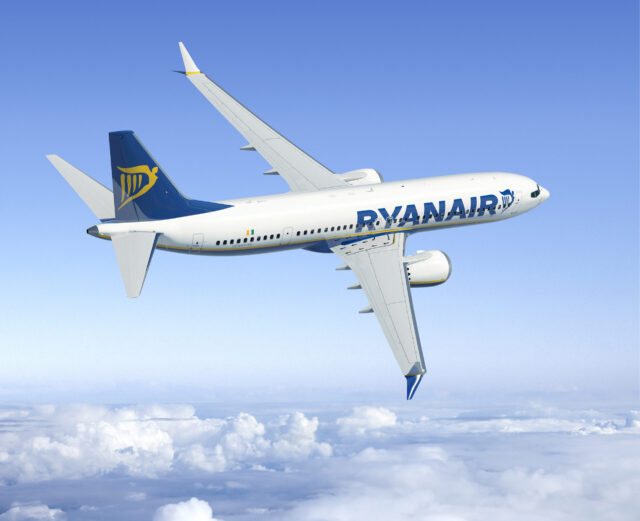650 million hours ‘wasted in 2022 due to flight disruptions’
At least 330 million passengers were affected by delays and cancellations in Europe, 200 million in the US and 12 million in Australia, losing a total of 650 million hours…

At least 330 million passengers were affected by delays and cancellations in Europe, 200 million in the US and 12 million in Australia, losing a total of 650 million hours of their time in disruptions and requiring 30 million overnight hotel stays in 2022, according to a report by AirHelp.
The world’s largest air passenger support organisation has shared the results of its market report that explores the impact of last year’s flight disruptions on the economy and the environment across Europe, the US and Australia.
Flight disruptions were classified as cancellations and delays of more than 15 minutes.
Economic impact from disruptions
AirHelp investigated the economic impact of flight disruptions across four metrics: incremental operations time for airlines, value of time lost by passengers, spillover effects on other segments of the economy, and additional costs of accommodating flight cancellations.
In 2022, flight disruptions generated an impact on the economy of $30-34bn in the US, $27-32bn in Europe and up to $1.5bn in Australia – up to $67.5bn in total and approximately 11% more than in 2019 despite there being less traffic.
Cost to passengers had the biggest impact, making up 37% of the total cost to the economy. This is due to the value of time and productivity lost by passengers due to delays, based on the hourly value of passengers’ time, from aviation agencies’ estimates.
Contributing 32% to the total economic impact was the cost to airlines, such as the cost for additional fuel, crew, and maintenance.
Spillover costs (16%) with costs for food services, hospitality and retail, and cancellation costs (15%) like hotels and other arrangements for impacted passengers, also play a significant role.
AirHelp CEO, Tomasz Pawliszyn, said: “Flight disruptions are an inconvenience for passengers, airlines and airports, and the impact financially and environmentally has become a leading issue for the industry since the pandemic.
“To ensure passengers are better protected from disruptions and the financial consequences, airlines should improve their communications with passengers, particularly regarding air passenger rights. At AirHelp, we make our regional air passenger rights guides free to access and offer 24/7 online support for those who are facing disruption.”
Sustainability impact
Disruptions carry a significant burden on the environment due to longer flying and taxiing time of delayed planes, as well as additional services used like taxis and hotels. The report discovered that flight disruptions generate an additional nine million tons of CO2 emissions, equal to 1.3% of the industry total.
The added carbon footprint equates to annual emissions of approximately two million passenger cars and would require around 3,000 wind turbines running for a year or 300-350 million trees to offset.
Where passengers require hotel nights, meals and transportation due to cancelled and delayed flights, additional and preventable waste is generated. Up to 90,000 tons of waste per year comes as a result of hotel stays and meals for passengers affected by cancellations.
Beyond the environmental impact, flight disruptions also have a negative impact on human well-being – from stress, extended travel, loss of productivity, missed plans, and incurred costs. Noise pollution also contributes to the environmental impact of flight disruptions, particularly in densely populated areas and cities hosting airports with strict curfew policies. Flights with airborne delays will typically be authorised to land after a curfew.
Subscribe to the FINN weekly newsletter
You may also be interested in:
Walsh warns over ‘unacceptable delays and disruptions’ in US
















